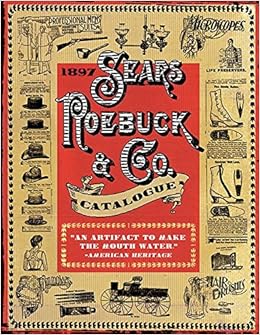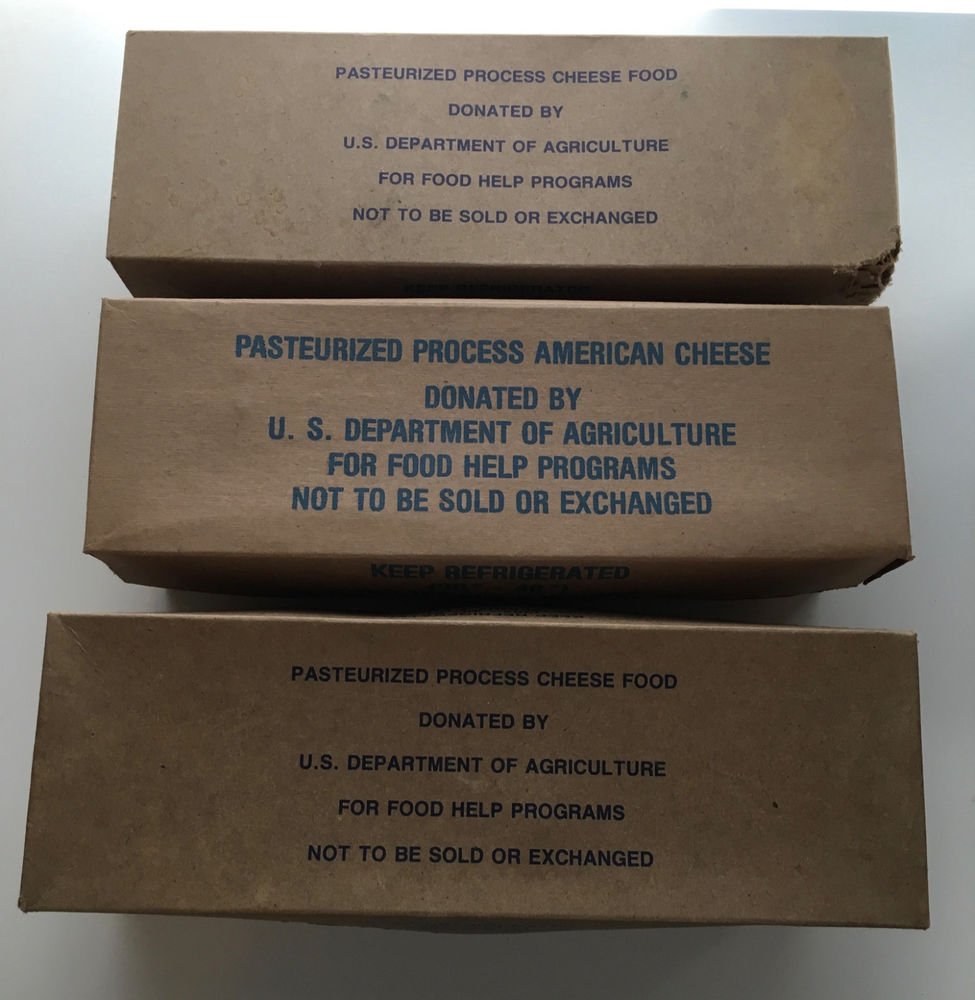by Preston Taylor
Virginia DuPuy was born in 1935 to Mr. and Mrs. Samual L. Hood in Waco, Texas. She graduated from Waco High, and after her marriage to Leslie Carr DuPuy in the fall of 1951, Virginia became a mother to two sons and eventually a grandmother to five grandchildren. She studied theater and received both her Bachelor of Arts in 1957 and her Master of Arts degree in 1961 from Baylor University. Widely successful in both the art community and business world, she is a highly recognized member of many committees and a recipient of many local business awards. Virginia DuPuy served as mayor of Waco from 2005 to 2010 where she was vital in many revitalization projects and greatly bolstered the city’s economy through expansion of industry. Even today at the age of eighty-three, Virginia remains an influential member of the Waco community.
Virginia on the day of her wedding to Leslie DuPuy: November 11, 1951. Picture from an article in The Waco News-Tribune on November 13th.
While she was a graduate student at the University, Virginia DuPuy began her career as the business manager for Baylor’s Theater Department in 1960. Throughout the next decade, she was kept busy coordinating different productions for the school as well as raising her and Les’ two sons: Carr and Cary. Then, with some encouragement from her long-time mentor Paul Baker, Virginia opened her own art studio in the early 70’s. She created unique soft sculptures known as batiks and successfully designed and managed a competitive marketing strategy to sell them. In addition to her responsibilities with her art studio, in 1975, her success gained her a position as the drama director for the Junior League of Waco. Through this organization, Virginia was able to sponsor children throughout the Waco area who suffered from poverty and its afflictions. Then, in 1976, she became a coordinator for various exhibits held at The Art Center, her first project being a showing of “An Art Affair” by popular local artists. She remained as such intermittently until 1981. Through The Art Center, she was able to teach “Intermediate Art Classes” for kids ages 5-13. Virginia began displaying her own work in 1981 at a showing entitled “Fabric Abstractions” at Baylor’s University Art Gallery until her final personal exhibit in 1983. Afterwards, she moved on to assisting her husband with his business, where again she applied her passion and vigor to the betterment of the company.
Virginia outside of her art studio in Waco, Texas, circa 1975.
Established in 1954 by Leslie DuPuy at 212 S 17th St., in downtown Waco, DuPuy Oxygen & Supply provides welding supplies and industrial and medical gases to industries in Waco and the greater Central Texas area. Currently located at 120 S. W. Loop 340 in Bellmead, Dupuy Oxygen has been an influential business in the Waco community for over seventy years. The company offers acetylene, nitrogen, air, nitrous oxide, argon, oxygen, carbon dioxide, propane, helium, hydrogen, and gas mixture products to industrial welders and novices alike. On January 2, 1967, Leslie DuPuy and his business partner Samuel A. Wilson changed Dupuy Oxygen and Supply from a private firm to an incorporation. With customer satisfaction as the number one priority, the business prospered greatly, and DuPuy Oxygen & Supply was able to expand to three separate distribution centers in Central Texas by the 1970’s. DuPuy Oxygen became a great proponent of industry in Waco and its neighboring cities. When, in 1969, his company moved to its current location on Loop 340, DuPuy and other leaders helped encourage the expansion of the Industrial Park to include many new businesses, employing hundreds of workers from the community. The economic impact on the nearby Richland Mall and surrounding retail centers was astronomical, and helped to regain much of the commerce lost due to the 1953 tornado.
Leslie himself was a highly successful member of the business community. He was a Action Council Member of the NFIB, Director of the Northwest Waco Rotary Club, Director of the Waco Chamber of Commerce, Yacht Club Director of Ridgewood Country Club, Director of the Waco-Madison Cooper Airport, and Mission Pilot for the Civil Air Patrol. Then in 1983, Les was appointed to the board of the TSTI Development Foundation for his leadership in the growth of industry in the Waco community. Les remained an important member of the Waco community, both in business and out, until his passing on May 23, 2018.
Dupuy Oxygen and Supply storefront in September 1990. To this day the company remains a family run business, with responsibilities having been passed down to Les’ sons Carr and Cary. Picture from Waco Citizen article on 28 September 1990.
In the early 1980’s, when Virginia began work at DuPuy Oxygen & Supply, she became curious about the way computers could impact their small enterprise. Well before they reached popularity in the business world, Virginia implemented a computer system that drastically changed the day to day operations of the company. The introduction removed the need for repetitive paperwork and, in her words, allowed attention to be “better directed to serving customers and clients.” This innovation pushed DuPuy Oxygen to greater levels of profitability than ever before and ushered in a new era of prosperity, during which she took over as President of Operations from Les, allowing him to retire. It is during this time that the business was able to expand to seven locations stretching from Austin to DFW, servicing over forty-eight cities and their surrounding areas.
Audio recording of Virginia DuPuy describing her experience as she became involved in running Dupuy Oxygen and Supply. Captured from the Baylor Institute for Oral Recordings.
Virginia DuPuy inside Dupuy Oxygen and Supply located at 120 S.W. Loop 340, in front of an inventory of welding supplies. Obtained from the Texas Collection, Baylor University; ACC #2008.075.
Her good work did not go unnoticed in the Waco business community. Elected to the board of the downtown YMCA on July 7, 1989, she became the president early on June 1, 1990. Virginia organized the YMCA Sustaining Drive and was essential in the revitalization of the YMCA through partnerships with various local businesses and committees including the Waco hotel/motel industry and the Waco Convention & Visitors Bureau. Virginia was then nominated for a position as a director of the Waco Chamber of Commerce beginning on the 1st of January 1990 and was influential in countless decisions of industry until she stepped down early in 2005. She even became a recognized recipient of the Waco’s Pathfinders award that honors trailblazing women who expanded opportunities for themselves and women to come.
Thanks in part to all of her contributions to the community, Virginia easily won the 2005 election in which she ran for mayor. Virginia pushed many reforms through the municipal government that greatly bettered the greater Waco area. She emphasized education, improving the local school system. She was a huge proponent for environmental concerns, drafting bills to begin the cleanup of Lake Waco and the Brazos, revitalizing the riverbank and its businesses. She began plans for the Visioning Community Project Expo that, if implemented, would lead to massive growth in downtown Waco and benefit thousands of people. In leaving office, she took the voluntary position of executive director for the Greater Waco Community Education Alliance which allowed her to further influence local education. Her acts in office earned her even more honors as she received honors for her educational program at Lake Waco Wetlands and for energy conservation in a program she helped create for the Waco Metropolitan Area Regional Sewer System.
Virginia DuPuy from 2008 during her time as mayor of Waco. Picture from Google.
Virginia DuPuy has lived a long life of service to the Waco community, impacting its residents and culture for almost sixty years. Incredibly successful in the art field and the business world, her legacy will not be forgotten any time soon. It is easily said that Virginia DuPuy has positively affected her community through her many roles within it, and has made the city of Waco a better place.
Sources:
“13 Nov 1951, Page 7 – The Waco News-Tribune at Newspapers.com.” Newspapers.com, newscomwc.newspapers.com/image/48079459/?terms=Leslie%2BCarr%2BDuPuy&pqsid=8y3zC8G46BSiIWp7_BVgbA%3A48000%3A1565861042.
“2008 Novogradac Community Development Foundation Community Development Individual Award Recipients.” Novogradac & Company LLP, 16 Mar. 2016, www.novoco.com/2008-novogradac-community-development-foundation-community-development-individual-award-recipients.
“28 Aug 1981, Page 10 – The Waco Citizen at Newspapers.com.” Newspapers.com, newscomwc.newspapers.com/image/49916848/?terms=Virginia%2BDuPuy&pqsid=8y3zC8G46BSiIWp7_BVgbA%3A220000%3A1644780574.
“28 Sep 1990, Page 31 – The Waco Citizen at Newspapers.com.” Newspapers.com, newscomwc.newspapers.com/image/42818125/?terms=DuPuy%2BOxygen%2B%26%2BSupply&pqsid=8y3zC8G46BSiIWp7_BVgbA%3A151000%3A880732287.
“Leslie Carr DuPuy, Jr. Obituary – Visitation & Funeral Information.” Obituary – Visitation & Funeral Information, 4 May 2018, www.whbfamily.com/obituaries/obituary-listings?obId=3079239.
Wallace, Patricia Ward. A Spirit so Rare: a History of the Women of Waco. Nortex Press, 1984.
Whitaker, Bill. “Bill Whitaker: Waco Mayor Virginia DuPuy Not Riding off into Sunset When Term Ends.” WacoTrib.com, Waco Tribune-Herald, 9 May 2010, www.wacotrib.com/opinion/columns/bill_whitaker/bill-whitaker-waco-mayor-virginia-dupuy-not-riding-off-into/article_149e8b6d-a546-51a2-96cd-6c047d394fb3.html.








